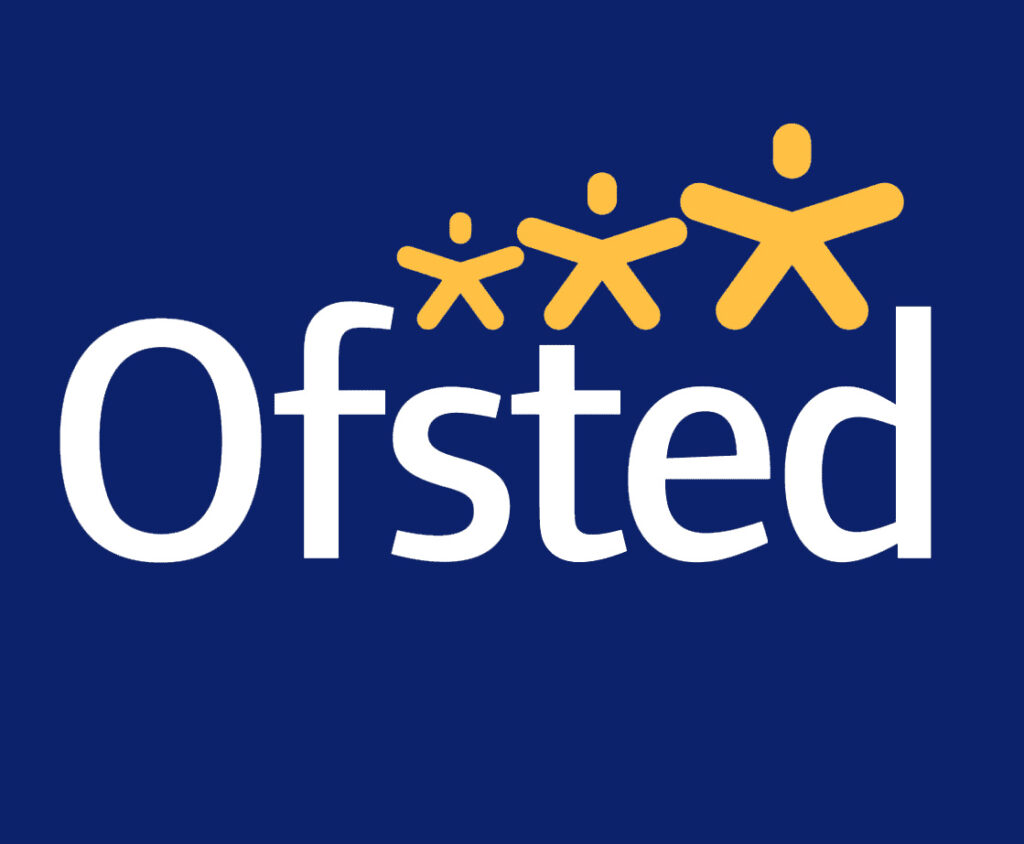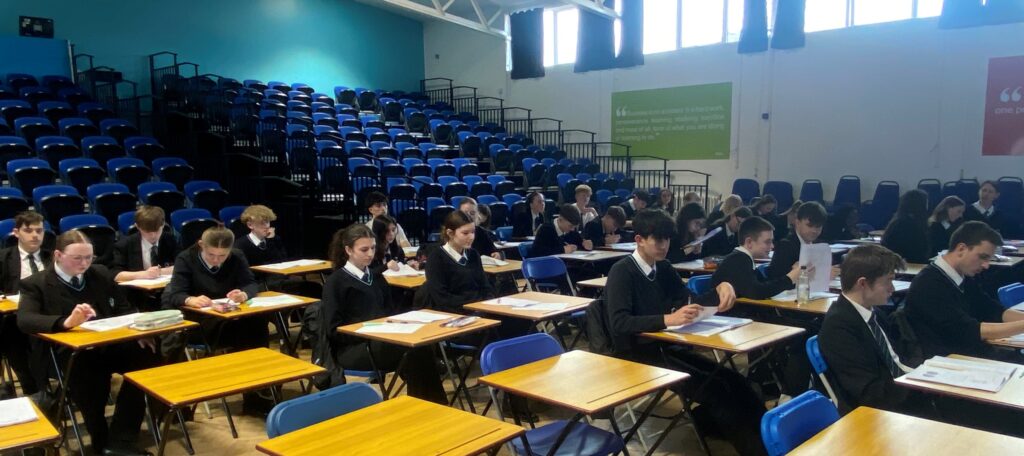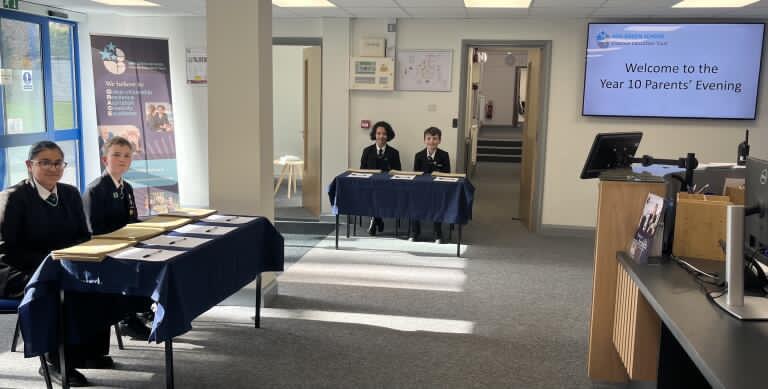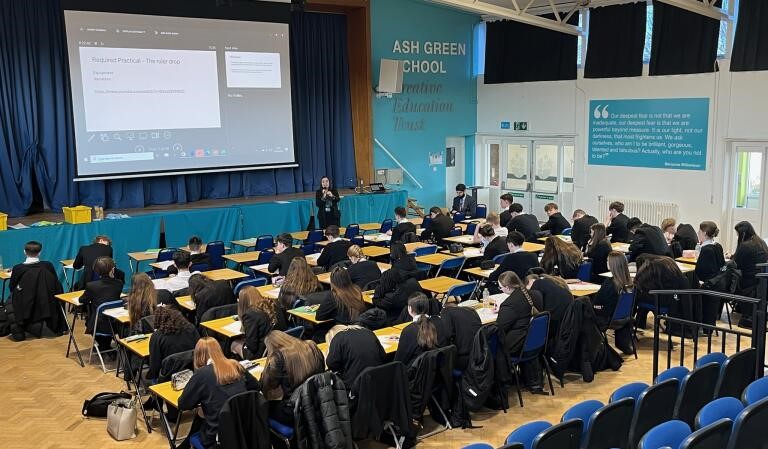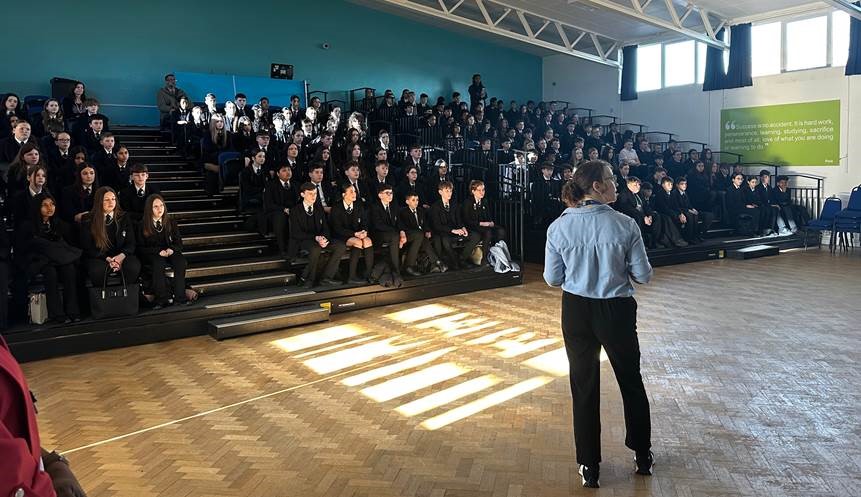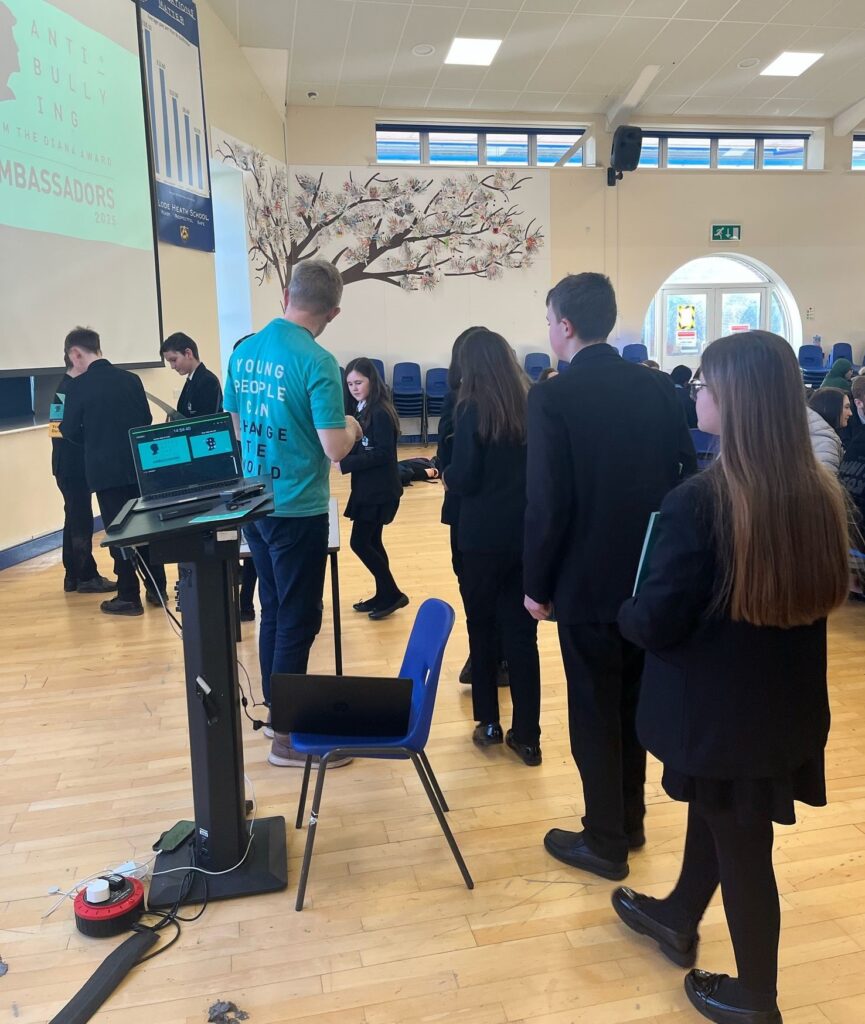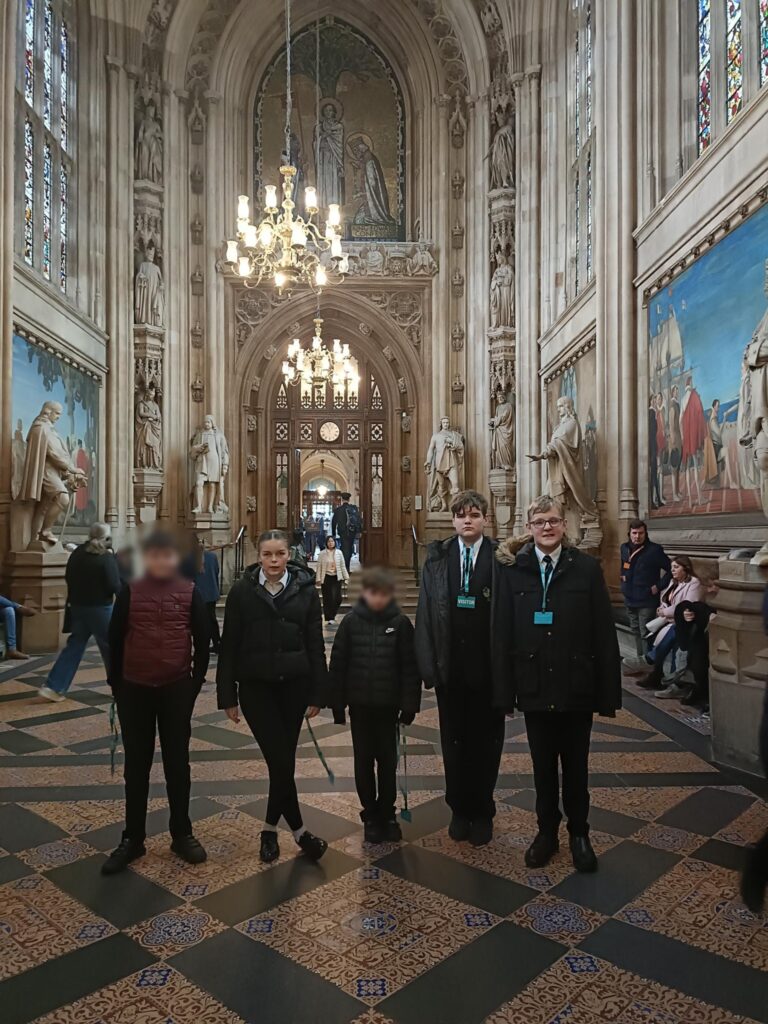

English
Rationale
The AGS English curriculum offers an enriching experience for all learners, rooted in diverse and robust texts. We seek to empower young people, through the teaching of both English language and English literature, to equip our learners with the necessary knowledge, skills, and literacy capabilities to ensure success on a global scale.
During their seven years at Ash Green School, students will be taught a rigorous and challenging curriculum full of reading, writing and oracy opportunities. Every term, every topic, and every year supports their development as an English student but more importantly their journey in becoming a successful young adult. Our fundamental role as educators is to harvest aspirations and goals and to support individuals in realising their full potential. We believe in creating and sustaining a culture that defies accepted societal conventions and restrictions. We truly believe that English holds the key to unlocking opportunities far beyond AGS.
KS3
The KS3 English curriculum has been rigorously designed to create stretch and challenge our students.
In each year group, students study:
- A novel or short stories
- A Shakespearean play
- Poetry
- 19th Century texts, fiction and non-fiction
Year 7: Human Connection
In year 7, students start with an exploration into local literature in the Coventry and Warwickshire area. This unit bridges their KS2 learning with the challenging texts such as George Eliot’s Middlemarch, whilst also exploring urban legends and historical events and figures such as The Blitz and Lady Godiva.
In Autumn 2, students will read and analyse stories associated with mythology from around the world; these tales include: Oedipus and the Sphinx, Romulus and Remus, The Minotaur, and The Dragon and St George. Their knowledge is then utilised in the Spring term, when studying Shakespeare’s, The Tempest, where the ‘normal’ world meets a fantastical one and introduces intriguing character such as Caliban, Ariel, and Prospero.
The Summer term focuses on poetry written by a wide range of voices. This unit builds cultural capital and reflects the multifaceted society in which we live in; poets include: Imtiaz Dharker, Benjamin Zephaniah, Raymond Antrobus, Elizabeth Barratt-Browning, and Jay Bernard. In an application of knowledge, the final topic concentrates on current global issues affecting a wide number of individuals. Many texts studied in this unit are non-fiction and will cover sub-topics such as: misinformation in the media, prejudice, human rights, climate change, and issues arising from class divides.
Year 8: Conflict
In year 8, students begin with an exploration into William Golding’s novel Lord of the Flies. This unit builds on prior knowledge of thematic links of human connection and nature verses nurture. We expect students to track the development of conflict throughout the novel and comment on characterisation, symbols and motifs.
In the Spring term their knowledge of conflict is then utilised, when studying Shakespeare’s, Romeo and Juliet, where the inner turmoil of being in love with a person who is also your sworn enemy causes both internal and external conflict resulting in the death of the protagonists.
The first half term of the Summer term focuses on the literal and symbolic meaning of conflict, for students explore the voices of those who have been oppressed by: the war, their identity or by others. This half term study of both non-fiction texts and poetry enables students to develop a connection with different mediums of text and analyse how language is used to communicate a message.
Students are then transported to fictional worlds where a supposed utopia quickly turns dystopian as conflict ensues in various futuristic worlds. This unit sees students read, comprehend and analyse excerpts from texts such as: George Orwell’s Nineteen Eighty-Four, Suzanne Collins’ The Hunger Games, Octavia E. Butler‘s Parable of the Sower and Veronica Roth’s Divergent.
Year 9: Identity
In year 9, students begin with an exploration into the dark and mysterious world that is the Gothic genre. This unit builds upon the genre study experienced in year 8 and enables students to encounter a range of texts from Mary Shelley’s Frankenstein (1818) to post-Gothic horror, such as Stephen King’s The Cat from Hell (1977).
Students encounter excerpts from the genre before embarking on a Gothic short story unit in half term two, whereby they read short stories from Edgar Allen Poe and Charlotte Perkins Gilman and apply the contextual knowledge gained in half term one, to an analytical study of an author’s work in the latter half of the Autumn term. Both authors consider the idea of identity through first-person narrators and ask whether sanity is something that can be judged by a narrator, or a reader.
In the Spring term, students are shipwrecked in the mysterious world of Illyria where appearances aren’t what they seem, and love triangles become more entwining throughout the play and identities become muddled. This unit of work allows students to return to the comedy genre of Shakespeare and develop knowledge around dramatic irony and exaggerated characters. Consequently, this paves the way for the consideration of dramatic irony in other texts such as Blood Brothers, Macbeth, and An Inspector Calls.
In the Summer term students explore the unit Life Journeys, looking at first-hand accounts which document prevalent societal issues such as: gender, poverty, and crime. Students then apply their reading of non-fiction texts to transactional writing where they express their thoughts and opinions on topical issues and statements directly linking to the unit of work.
Finally, students explore 1960s-1980s Liverpool as they follow the lives of Mickey and Edward in Willy Russell’s play Blood Brothers. This unit asks students to develop empathy with characters from different backgrounds and explores what social class is and how it impacts characters in the play. As the final unit before GCSE English Literature, this lays the foundations for similar themes in Charles Dickens’ A Christmas Carol and J.B Priestley’s An Inspector Calls.
KS4
Exam Board: AQA
Qualification: GCSE English Language and GCSE English Literature
English offer two GCSE subjects: English Language and English Literature.
Students will follow an integrated course leading to two separate GCSE qualifications.
English Language Course Outline:
For English Language the texts type and skills are as follows:
- 19th Century Fictional Extracts, their use of language and structure
- Modern and 19th Century Non-Fiction, comparison and their use of language and structure.
- Creative descriptive and narrative writing
- Creative transactional writing, including letters, newspaper articles, speeches.
All of these will be examined at the end of Year 11.
English Literature Course Outline:
For English Literature the texts are as follows:
English Literature Paper 1: Shakespeare and the 19th-Century Novel
- Shakespeare: Macbeth
- 19th Century Novel: A Christmas Carol
English Literature Paper 2: Modern texts and poetry
- Modern Text: J.B Priestley’s An Inspector Calls
- Poetry: AQA War and Conflict anthology
- Poetry: Unseen Poetry
All of these will be examined at the end of Year 11.
Over the two years of key stage four, the two courses are covered in English lessons as follows:
Year 10
Autumn Term:
- English Language Paper One Reading: 19th Century Fictional Extracts, their use of language and structure.
- English Language Paper One Writing: Creative descriptive and narrative writing.
- English Literature Paper Two: Section A Modern Text-An Inspector Calls
- English Literature Paper Two: Section C Unseen Poetry
Spring Term:
- English Language Paper Two Reading: Modern and 19th Century Non-Fiction, comparison and their use of language and structure.
- English Language Paper Two Writing: Creative transactional writing, including letters, newspaper articles, speeches.
- English Literature Paper Two: Section C Unseen Poetry
- English Literature Paper One: Macbeth
Summer Term:
- English Language NEA: Spoken Language.
- English Literature Paper Two: Anthology Poetry
- English Literature Paper Two: Section B Anthology Poetry (Power and Conflict)
Year 11 (2024-25 Only)
Autumn Term:
- English Language Paper One Reading: 19th Century Fictional Extracts, their use of language and structure.
- English Language Paper One Writing: Creative descriptive and narrative writing.
- English Literature Paper Two: Section B Anthology Poetry (Power and Conflict)
Spring Term:
- English Language Paper Two Reading: Modern and 19th Century Non-Fiction, comparison and their use of language and structure.
- English Language Paper Two Writing: Creative transactional writing, including letters, newspaper articles, speeches.
- English Literature Paper One: Revision of Macbeth and A Christmas Carol.
Summer Term:
- English Language Paper 1 Explorations in creative reading and writing Exam Date: 23rd May 2025.
- English Language Paper 2 Writers’ viewpoints and perspectives Exam Date: 6th June 2025.
- English Literature Paper 1 Shakespeare and the 19th century novel Exam Date: 12th May 2025.
- English Literature Paper 2 Modern texts and poetry Exam Date: 20th May 2025.
KS5
Exam Board: OCR
Qualification: A-Level English Literature
Component 1: End of year 13 examination
In component 1, students analyse the Shakespeare tragedy that is Shakespeare’s Hamlet. In addition, they will explore key sections of John Milton’s epic Paradise Lost and John Webster’s tragedy The Duchess of Malfi. Each part of the exam requires a thorough understanding of the texts, their contexts and a range of academic interpretations.
Component 2: End of year 13 examination
For component 2, students explore the Gothic Literature genre applying what they learn about the language, style and structure of this genre to an unseen Gothic text. They also complete a comparative response to a question on Angela Carter’s The Bloody Chamber and Bram Stoker’s Dracula.
Component 3: Coursework
For coursework, students will explore three modern texts independently. Students will explore selected poems by Simon Armitage, The History Boys a play by Alan Bennett and the novel A Kestrel for a Knave by Barry Hines.



